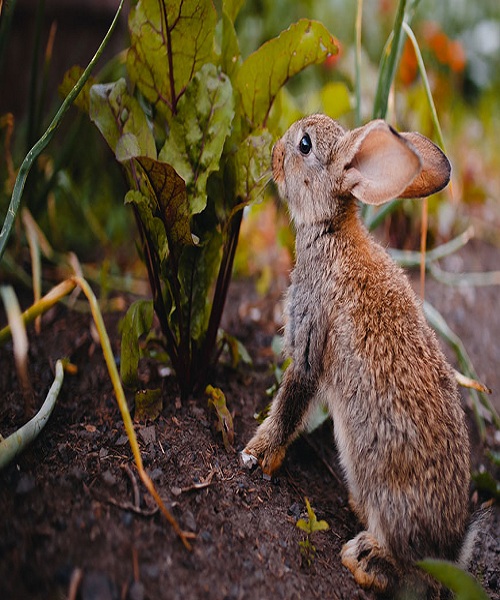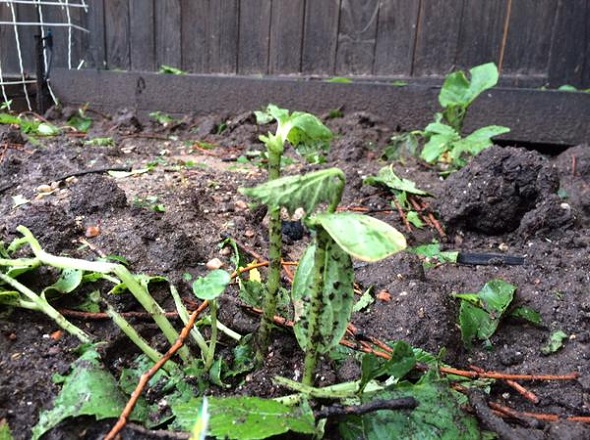A well-tended garden, complete with fragrant flowers and mouthwatering veggies, can quickly raise a house’s curb appeal. A spectacular display of plant life, on the other hand, is more difficult to achieve than it appears. Plants can be damaged or stunted by even the most experienced gardeners, even those who think they have the gift of a green thumb.
When it comes to your garden, there are a number of things you may not know that are wreaking havoc on your hard-earned plants.
When you use the Wrong Equipment
When shopping for gardening supplies, it’s easy to overlook the subtle differences in the equipment on the shelf at your local garden center. However, this oversight might have negative consequences for the health of your garden in the long run.
Owner Nick Crowley of The Wonderful Garden Company argues that improper tools could harm your plants. In his opinion, the best gardening tools are bronze or copper ones, because they are less harmful to your garden and provide numerous advantages. For example, bronze or copper tools help prevent plant infection and enrich your soil with trace elements while also deterring slugs and snails, ionizing surface water, and alkalizing the substrate.

Watering plants in hot weather
When it’s hot outdoors, you might think your plants need extra water, but this is a typical blunder.
Watering plants on a hot, sunny day is one of the most common mistakes and one of the hardest to fix, according to Bryan Stoddard, the founder of the home and garden website Homewares Insider.
“The plant’s growth may be altered and slowed as a result of being shocked. During hot weather, water drops evaporate and do not reach the plant’s roots, causing it to die.”
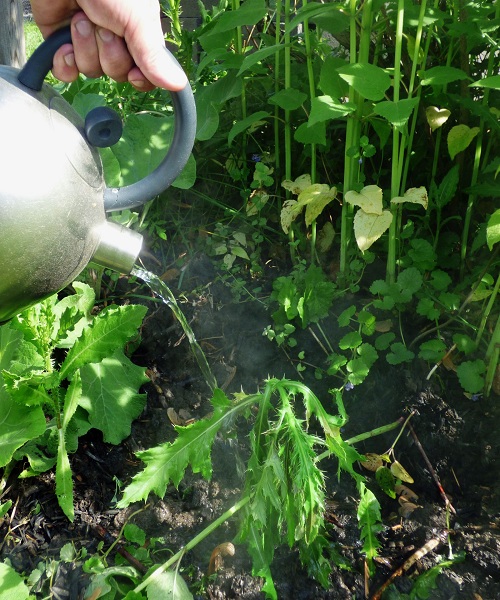
Killing worms
Your plants are being decimated by worms in the garden, right? You’ve got it backwards!
“The customers I used to deal with who believed that garden worms were harmful to their plants would occasionally come to me when I was working in the worm business. Some people think they’re eating roots, and that may be true. Others feared they had poisoned the soil because of their activities. Both of these statements are false, however “Jeff Neal, the owner of The Critter Depot, is a bug specialist, he adds. ” “Garden worm castings (worm faeces) are highly helpful to lawns and gardens because they aerate the soil and allow water to reach deeply rooted plants.”
What does he think about it? “Never kill worms that you find in your soil. Help them grow.”
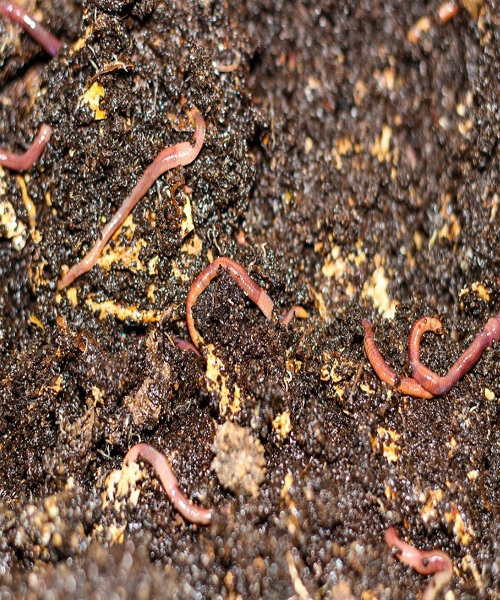
Overcrowding
Planting too closely together, even though it gives the appearance of a lush garden with no bare places, might actually do more harm than good. Root vegetables can suffer from overpopulation, which can stunt their growth. Because of this, bigger plants might shade out the sun-loving smaller ones, which is a problem when it comes to plants that grow mostly above ground.
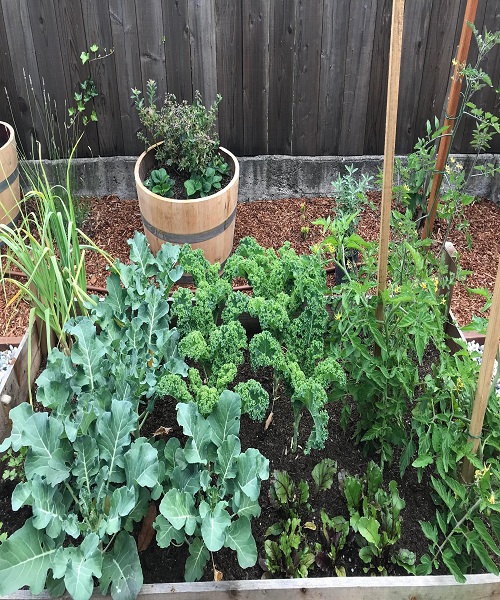
Excessive use of fertilizer
When it comes to fertilizer, it is possible to overdo the good stuff in your garden.
Stan Miklis, owner of Caliper Farm to Market in Texas, argues that the over-application of commercial fertilizers is the most common cause of damage to lawns and gardens. “Homeowners may mistakenly believe that “if a little goes a long way, more will be even better.” It is the nitrogen in particular that will cause the most damage to the garden. Use organic fertilizer that decomposes slowly, or follow the label’s instructions.”
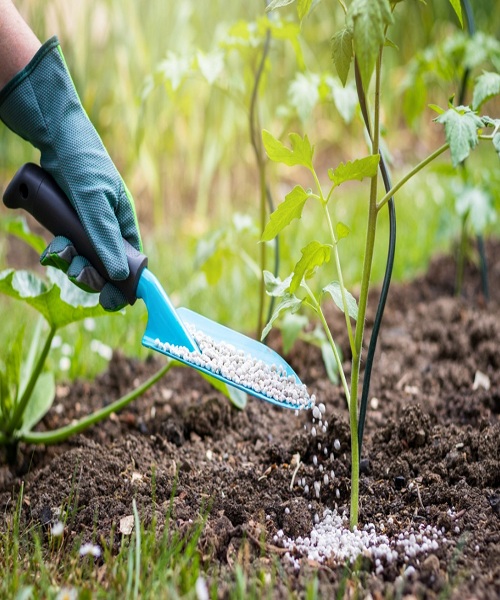
Overwatering
Overwatering plants can inflict considerable harm in a short period of time, even though they require a certain quantity of water to grow. Pablo Solomon, an award-winning green designer, says it’s a tight line between keeping your soil moist enough to give your plants water and watering so much that you suffocate their roots and induce infections.
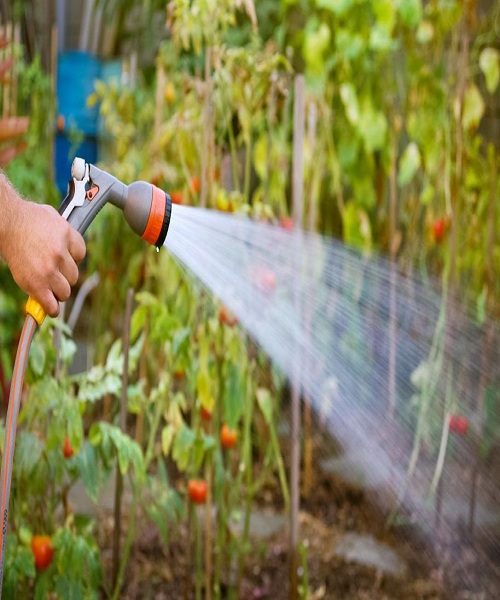
Overcutting a plant
To avoid overgrowth, pruning plants is a need. However, Solomon warns that “cutting too much [or] cutting at the incorrect time of year” can cause significant damage to your yard. Research how, when, and how much pruning a particular plant requires.”
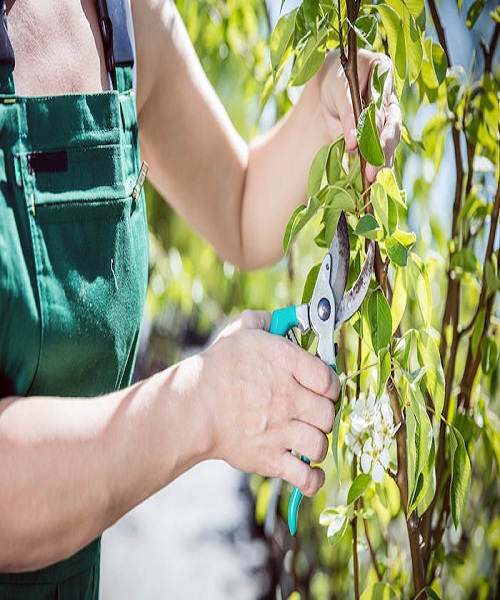
Utilizing shears that have recently been used to cut a sick plant without washing
Trimming is an essential part of gardening. But a dirty plant trimmer could be to blame for a mediocre garden.
Cuts from unhealthy plants should only be made with equipment that has been thoroughly cleaned. Make sure to clean your shears after going between different types of plants in the garden and after removing unhealthy ones from your garden.
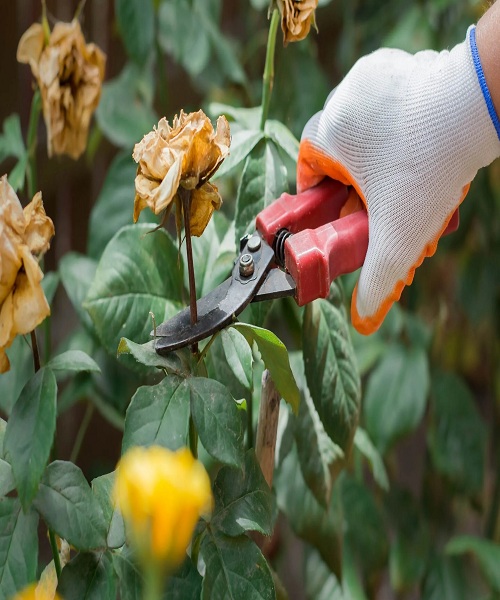
Incorrectly positioning a shed or fence
Installing a shed or a fence in your garden may make it easier to access your tools, but if you do it in the incorrect area, either one might swiftly destroy your plants. Solomon warns that erecting a fence or a shed can suffocate plants that need sunlight. Before you begin construction, consult with a garden professional or landscape architect about how to prevent the shade from damaging your sun-loving plants.
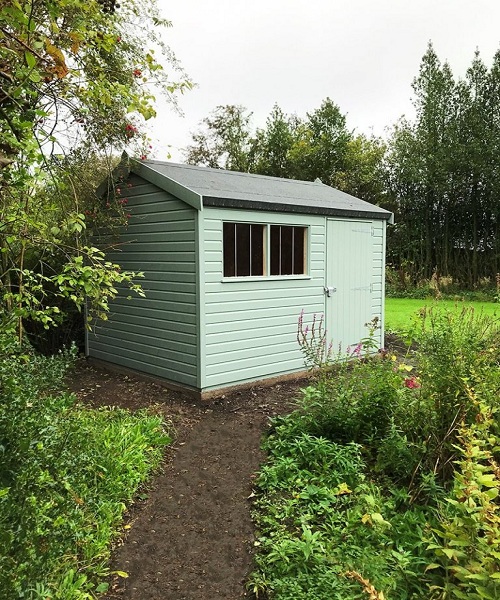
Removing trees
Many plants prefer a cooler, shadier climate—and cutting down trees on your property will take away their preferred growing conditions. To remove “trees or fencing” that shield plants from too much sunlight is a terrible idea, according to Solomon. The light sensitivity of some plants is great.
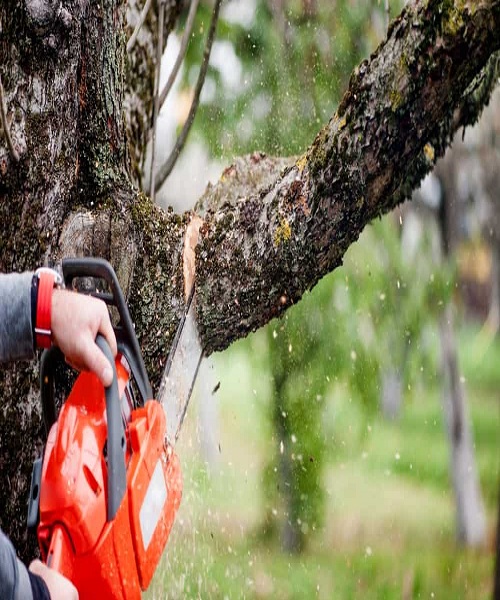
Using too many herbicides
Herbicides, when used correctly, can keep weeds at bay, but if you use them too lavishly, your garden may end up looking bare. Using “weed killers” to avoid hand-weeding could result in the death of plants and trees you cherish, warns Solomon.
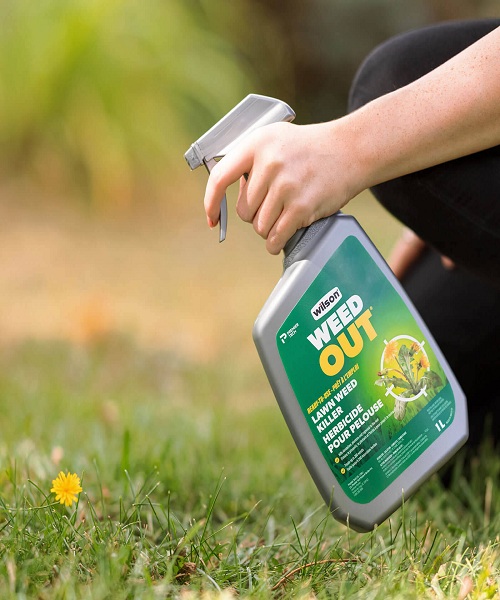
Depending on the nutrients in the soil you already have
Even if you think your garden soil is ideal for growing flowers and vegetables, you may be surprised to learn that in many situations, it does not contain the necessary nutrients.
Stoddard advises gardeners not to rely solely on the soil for their nutrient needs. “Weekly applications of liquid fertilizer to the plants are recommended.
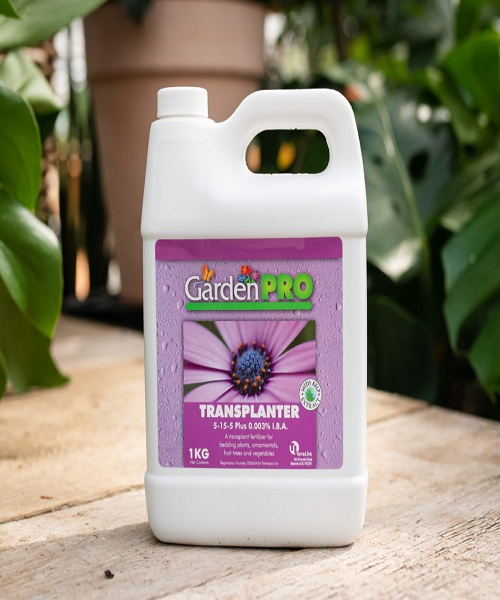
Planting plants that need a lot of care
If you’re a novice gardener, it’s a good idea to plant established plants and avoid high-maintenance varieties. “Planting seeds is not an easy chore, especially if you are a rookie in gardening,” adds Stoddard. “Start with an easy-to-grow plant before moving on to the harder ones.”
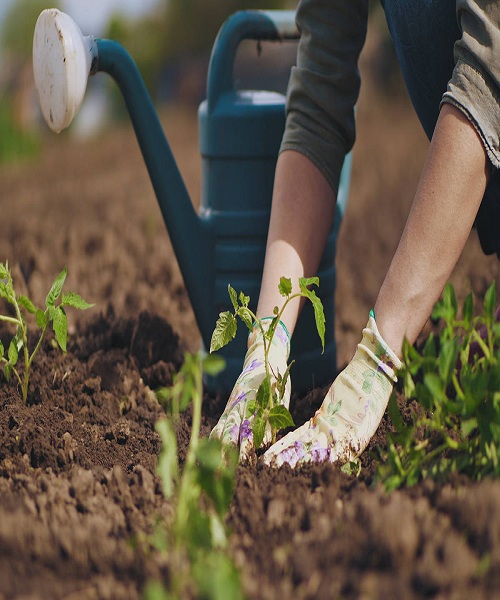
Ignoring mulch
There is a danger in not using mulch in your garden. Mulching your garden can help keep weeds down and pests at bay, both of which can be detrimental to the health of your plants.
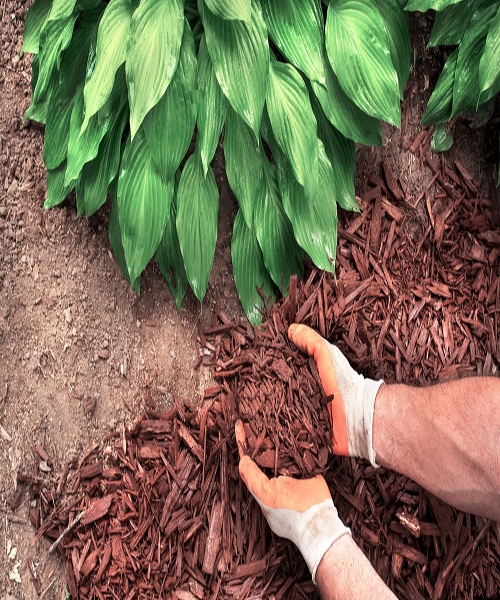
Not scaring animals away
Over time, allowing animals to eat all the vegetables in your garden might have a negative impact on the health of your plants. Allowing certain animals to walk freely in your garden might put you and your family in danger as well as reduce your total crop yield.
Toxoplasmosis, an infection caused by the Toxoplasma gondii parasite and a common cause of fatal food-borne illness, can be increased by a cat using your yard as a litter box.
